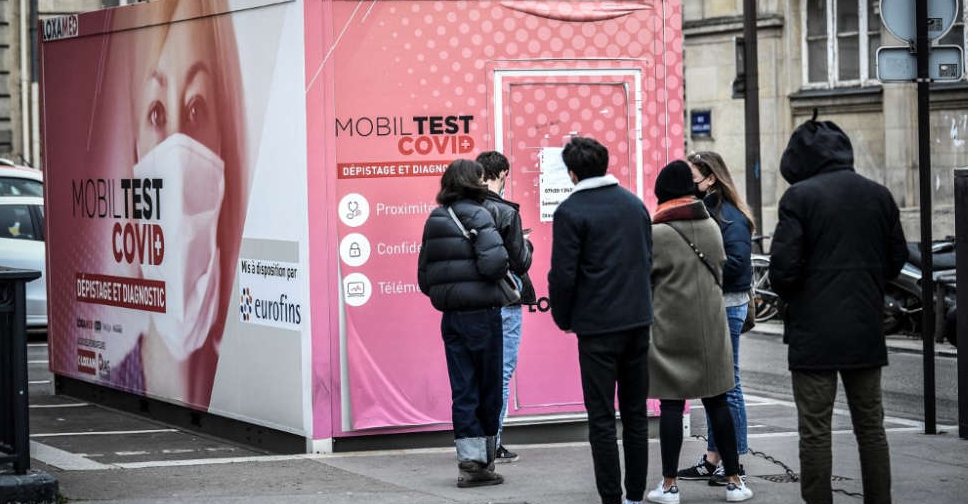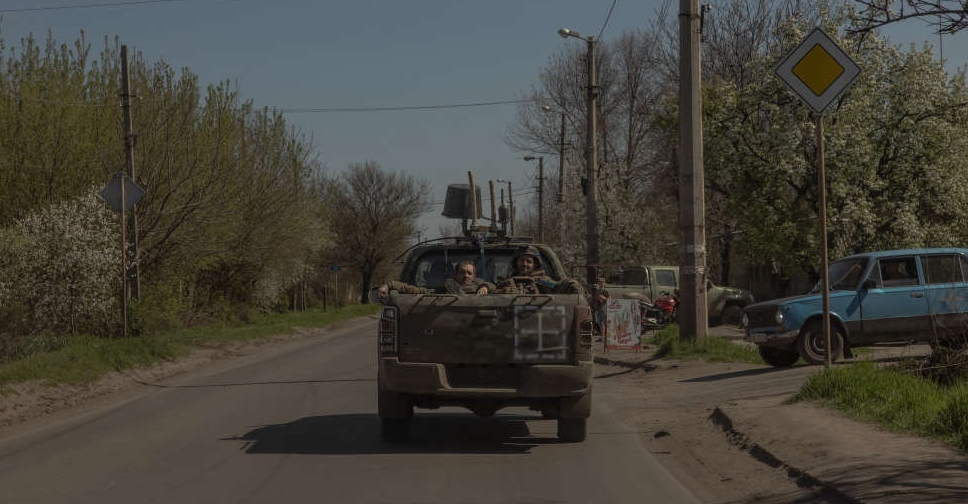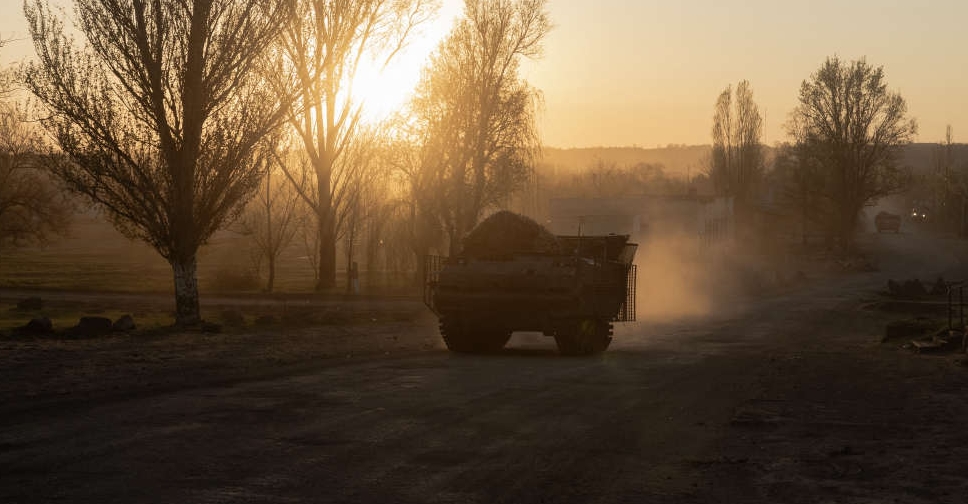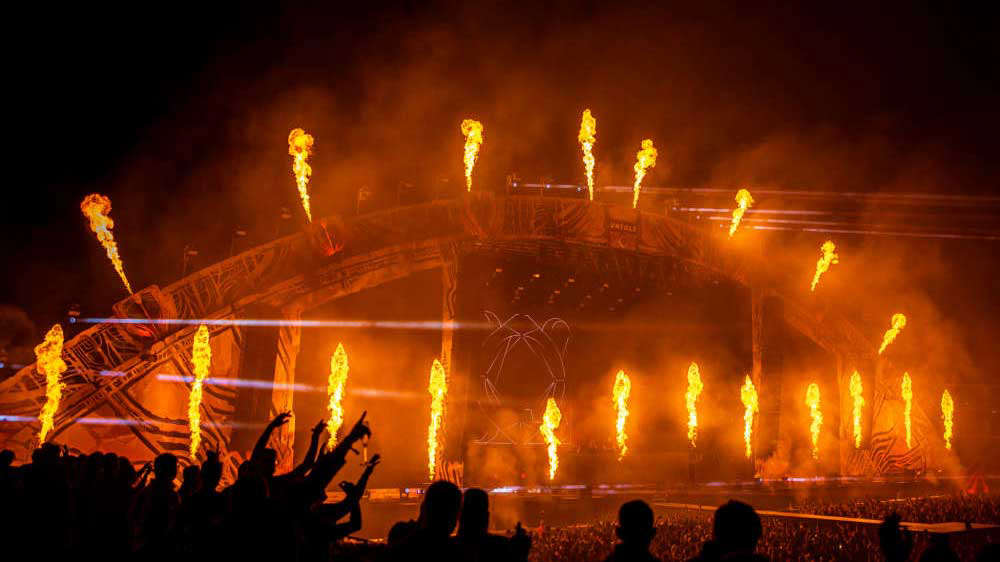
Faced with the rapid spread of the Omicron variant, France will further tighten COVID-19 measures, but there will be no curfew for New Year's Eve and schools will reopen as planned in early January.
Prime Minister Jean Castex said the COVID incidence rate - the number of infections per 100,000 people per week - is now well over 700 and at a record level since the start of the pandemic, forcing his cabinet to take new measures.
From Monday and for the next three weeks, all public gatherings will be limited to 2,000 people for indoor events, and to 5,000 people for outdoor events, and all spectators will have to be seated at concerts.
Consumption of food and drink will be banned in public passenger transport - including long-distance transport - as well as in movie theatres, while in bars and restaurants all food and drink will have to be consumed seated, not standing.
Masks are already required for passengers on public transport.
Castex also said that home working will become mandatory for at least three days per week where possible, and that mask wearing will become mandatory again outdoors in city centres, under the authority of local prefectures.
"I know that it feels like a film without ending, but a year ago we started our vaccination campaign and now we are one of the best vaccinated and best protected people in the world," Castex told a news conference following a cabinet meeting.
In order to further boost vaccinations, the government's planned vaccine pass - which will require proof of vaccination, not just a negative test, to enter public places - will take effect from January 15, if parliament approves a draft government bill, Castex said.
The government is also narrowing the period until people are eligible for a booster shot to three months from four following their second jab.
On Saturday, France registered a new record of more than 100,000 new infections per day as people rushed to get tested before Christmas family gatherings.
On Monday, the seven-day moving average of new infections stood at more than 72,000.




 Half of Ukraine under air raid alerts hours after Russia ceasefire ends
Half of Ukraine under air raid alerts hours after Russia ceasefire ends
 Vance arrives in India, to hold talks with Modi under US tariffs shadow
Vance arrives in India, to hold talks with Modi under US tariffs shadow
 Israel's military finds 'professional failures' in killings of Gaza medics
Israel's military finds 'professional failures' in killings of Gaza medics
 Israel's Netanyahu says military to increase pressure on Hamas
Israel's Netanyahu says military to increase pressure on Hamas
 Russia and Ukraine accuse each other of breaking one-day Easter ceasefire
Russia and Ukraine accuse each other of breaking one-day Easter ceasefire




